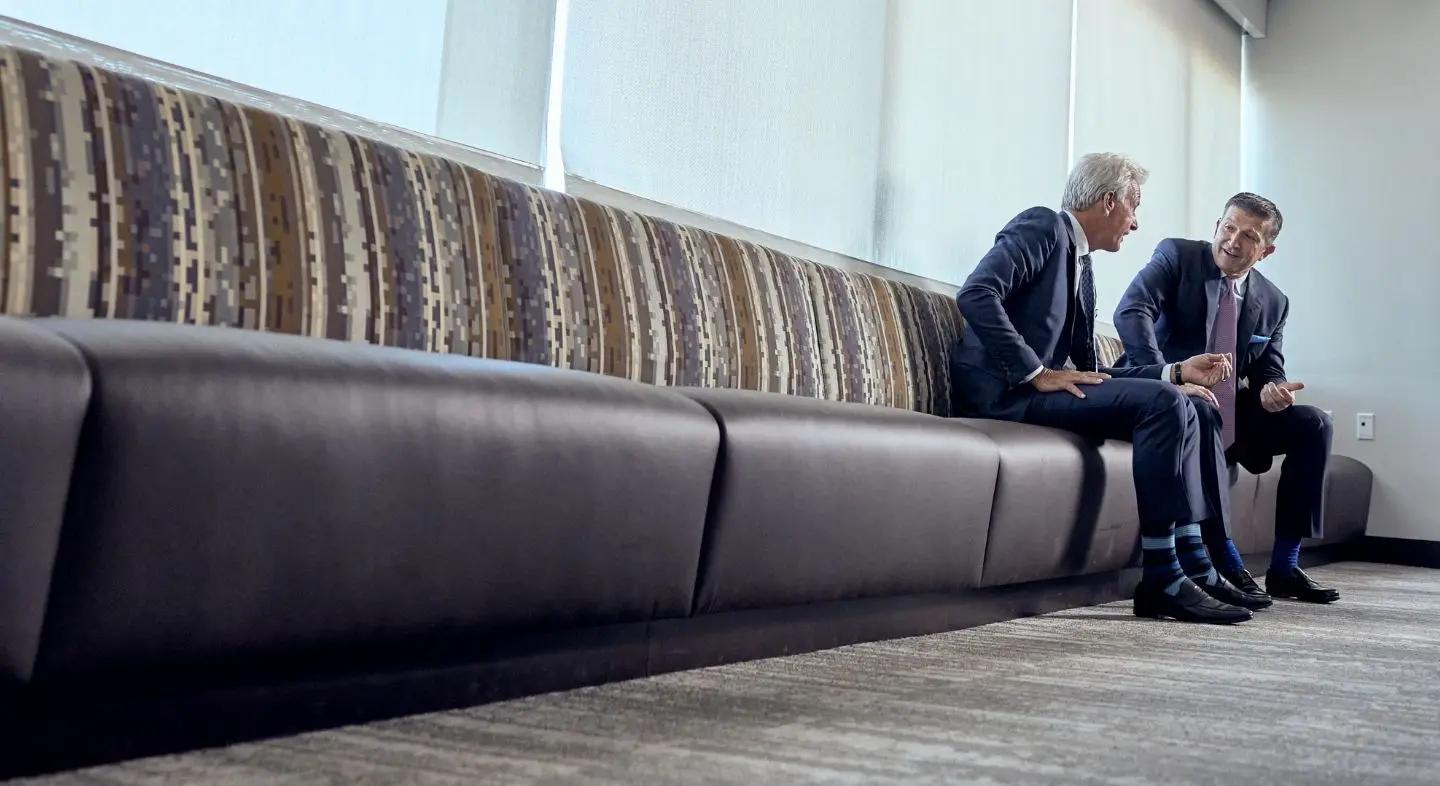August 06, 2020
A Civil Rights Icon’s Passing Reminds Us That Voting is Essential

Filed in:
So, I knew of the magnanimous Congressman John Lewis, but I have come to realize since his passing that I had no idea exactly how prolific his fight for civil rights was. Arguably, almost every American has heard of Rev. Dr. Martin Luther King, Jr. What one might not realize is that when you take a closer look at images of Dr. King and pivotal civil rights moments, you will notice a seemingly unassuming young man, who is often identified as Congressman John Lewis.
John Robert Lewis—born outside Troy, Alabama on February 21, 1940—was an American politician and civil-rights leader who served in the United States House of Representatives for Georgia’s 5th Congressional District from 1987 until his death on July 17, 2020. Lewis was born the son of sharecroppers on an Alabama farm. He grew up attending segregated schools and developed an unwavering commitment to the Civil Right Movement at an early age. As a student at American Baptist College and then Fisk University, both in Nashville, Tennessee, Lewis organized sit-in demonstrations at segregated lunch counters. In 1961, he volunteered to become a Freedom Rider. The rides were organized to challenge segregation at interstate bus terminals across the south. Lewis suffered beatings at the hands of mobs for this effort.
Lewis was considered one of the “Big Six” leaders of the Civil Rights Movement during the 1960’s. At 23 years old, Lewis was a planner and the youngest keynote speaker at the “March on Washington” on August 28, 1963, the day Dr. King so eloquently espoused his dream of a united America during his iconic “I Have a Dream” speech. Congressman Lewis was also a part of the historic “Bloody Sunday,” when on March 7, 1965, Civil Rights Movement demonstrators were attacked with billy clubs and tear gas as they attempted to walk across the Edmund Pettus bridge in Selma, Alabama to the state capital in Montgomery, Alabama, to protest civil rights violations of African American citizens. That fateful march along with another march from Selma to Montgomery that was successful led to the Voting Rights Act of 1965. I had the honor of walking across the Edmund Pettus bridge in Selma, Alabama, in March of 2015 in remembrance of the historic events that transpired that day. I could walk across history because John Lewis helped craft that history.
From 1963 through 1966, Lewis was the Chairman of the Student Nonviolent Coordinating Committee (SNCC), which he helped form. SNCC was largely responsible for the sit-ins and other activities in the struggle for civil rights. Despite more than 40 arrests, physical attacks and serious injuries, Congressman Lewis remained a devoted proponent of the philosophy of nonviolence. He remained active in the Civil Rights Movement despite leaving the SNCC in 1966. He was deeply involved in voter rights, ascending to Director of the Voter Education Project, and adding millions of minority voters to the rolls under his leadership. From there, Lewis chose to champion change from within the political process and was elected to the Atlanta City Council in 1981. Following his time in Atlanta, it was onward to Congress in November 1986. During his tenure Lewis rose to serve on the House Budget Committee, House Ways and Means Committee, and was Senior Chief Deputy Democratic Whip. As Whip, he sat in direct line of succession to the number two Democratic leadership position in the House. Lewis also received the Presidential Medal of Freedom in 2011, which is the highest civilian honor that may be bestowed upon an American citizen.
The story of Congressman John Lewis is the story of a man who kept getting himself into “Good Trouble”, as he termed it. Congressman Lewis literally risked his physical safety, having suffered multiple severe beatings, including a skull fracture during “Bloody Sunday”, and his freedom, having been arrested more than 40 times during protests to ensure all Americans are treated fairly in the eyes of the law.
The fight for civil rights will likely remain a constant, living, and ever-changing entity. Voting is an essential part of that fight. At Pond Lehocky Giordano, we encourage all Americans to exercise their right to vote, as it is essential to change and making a difference. Ensure you are registered to vote today by visiting vote.gov.


